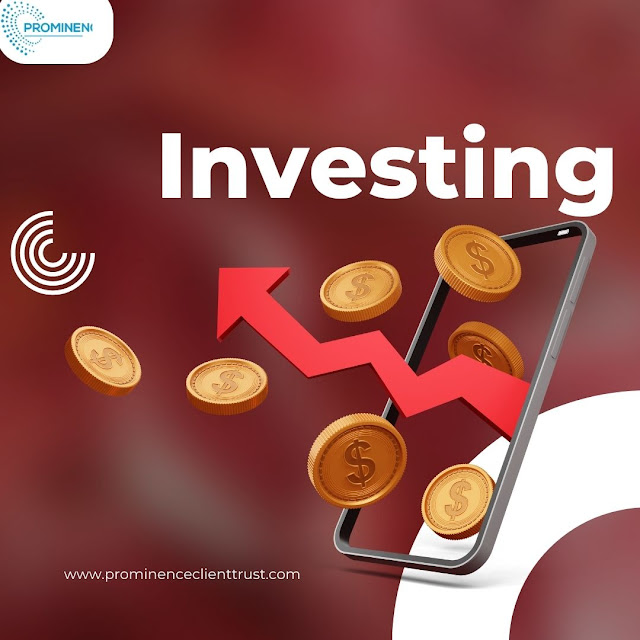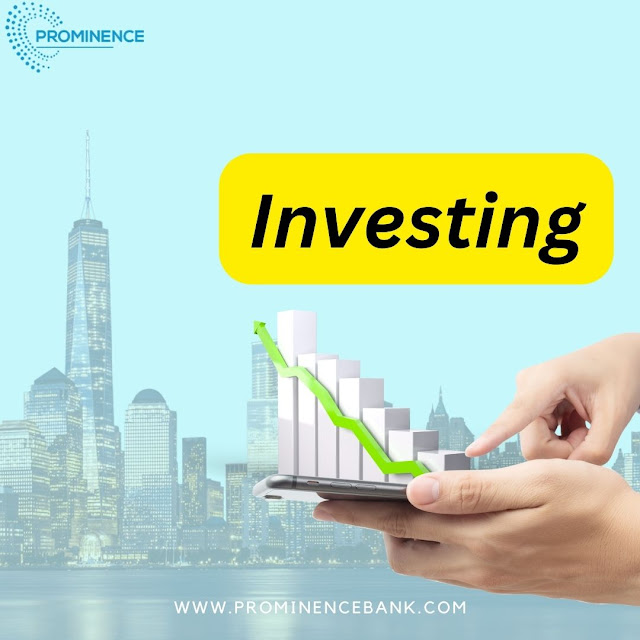The Future of Investing: How Financial Intermediation is Changing the Game
The world of investing is changing at a breakneck pace, and financial intermediation is at the forefront of this change. In the past, investing was limited to a select few who had access to information and capital. However, with the rise of the internet and new technologies, investing has become more accessible than ever before. Financial intermediaries are playing a key role in this transformation, as they bridge the gap between investors and the markets.
In this article, we will discuss the future of investing and how financial intermediation is changing the game. We will explore the role of financial intermediaries in modern investing and highlight some of the key trends that are shaping the industry. By the end of this article, you will have a better understanding of the future of investing and how financial intermediaries are revolutionizing the industry.
The Role of Financial Intermediaries in Investing
Financial intermediaries play a critical role in modern investing. They act as a bridge between investors and the markets, helping to connect investors with investment opportunities. Financial intermediaries include banks, brokerage firms, investment advisors, and other financial institutions that provide investment services.
One of the key benefits of financial intermediaries is their ability to provide access to a wide range of investment opportunities. This includes everything from stocks and bonds to alternative investments like real estate and private equity. Financial intermediaries also provide investors with valuable information and advice, helping them to make informed investment decisions.
In addition to providing access to investment opportunities, financial intermediaries also help to manage risk. This includes everything from diversifying investments to providing insurance products that protect against losses. Financial intermediaries also help to manage the costs associated with investing, including fees and commissions.
The Changing Landscape of Investing
The landscape of investing is changing rapidly, and financial intermediation is at the forefront of this change. One of the key trends that is shaping the industry is the rise of digital technologies. This includes everything from mobile apps and online trading platforms to robot-advisors and artificial intelligence.
Digital technologies are making investing more accessible than ever before. Investors can now access investment opportunities from anywhere in the world, using nothing more than a Smartphone or computer. This has led to a surge in the number of retail investors, who are taking advantage of these new technologies to invest in the markets.
Another trend that is shaping the industry is the rise of sustainable investing. This refers to the practice of investing in companies that are committed to environmental, social, and governance (ESG) issues. Sustainable investing is becoming increasingly popular, as investors look for ways to align their investments with their values.
Financial intermediaries are also playing a key role in the growth of sustainable investing. Many intermediaries now offer ESG investment options, allowing investors to invest in companies that are committed to sustainability. This is driving change at the corporate level, as companies are increasingly recognizing the importance of ESG issues and taking steps to address them.
The Future of Investing
The future of investing is bright, and financial intermediaries will continue to play a key role in this transformation. As digital technologies continue to evolve, investing will become even more accessible, and financial intermediaries will continue to innovate, providing investors with new and exciting ways to invest.
One of the key challenges facing financial intermediaries is the need to adapt to changing customer preferences. As investors become more tech-savvy and demand more personalized investment solutions, financial intermediaries will need to invest in new technologies and provide customized services to meet these evolving needs.
Another challenge facing financial intermediaries is the need to address the growing demand for sustainable investing. This will require intermediaries to develop new ESG investment options and provide investors with more information and education about the importance of sustainable investing.



Comments
Post a Comment